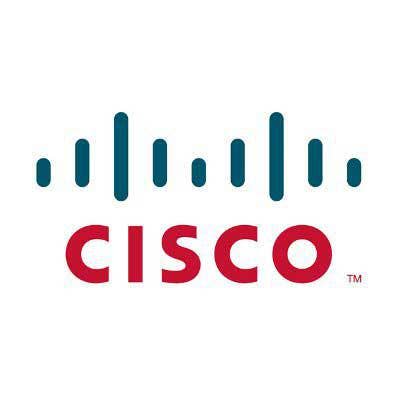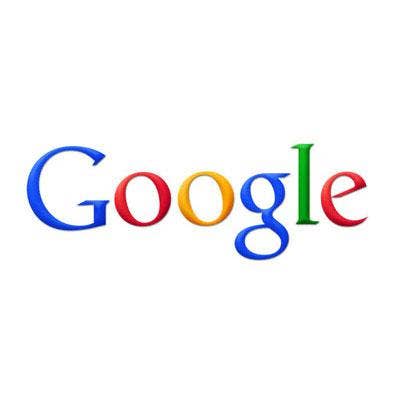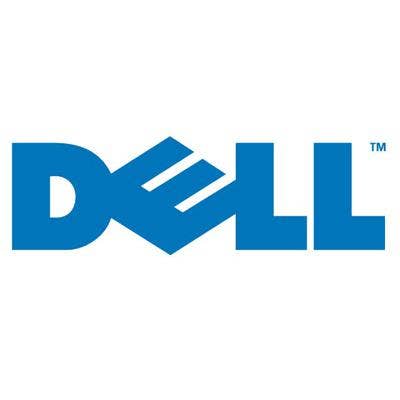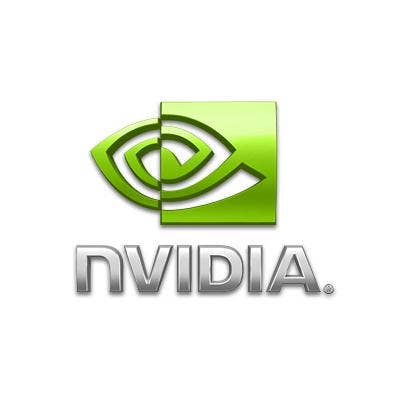Five Companies That Dropped The Ball This Week

HP Lets Mark Hurd Go, Gets Sued By Shareholders
HP channel partners are fretting over their future after Mark Hurd's resignation last week. But HP shareholders aren't worried, they're just angry, and they're getting lawyers involved to illustrate the extent of their discontent.
This week, HP shareholders filed a lawsuit against the company on the grounds that its board of directors shirked their corporate governance duties and allowed Hurd to run the company as "his own private fiefdom." The suit calls out Hurd for hiring actress Jodie Fisher as a marketing consultant, describing her as "a former reality TV contestant" with no background in the IT industry.
The lawsuit seeks the return of Hurd's reported $28 million golden parachute as well as changes to HP's corporate governance guidelines. Meanwhile, HP shares have lost in the neighborhood of $10 billion since Hurd stepped down, and they're unlikely to rebound until the company names his successor.

Cisco Still Grappling With Supply Chain Issues
Cisco Systems beat Wall Street's expectations in its fiscal Q4, but the networking giant warned that its supply chain constraints will continue through the end of calendar 2010.
"Supplier lead times appear to have stabilized but are still longer than we would like," Cisco CEO John Chambers said in the call.
Chambers said it's impossible to tell if the supply chain issues have harmed Cisco's growth, but continuing shortages aren't going to soothe VARs who've been frustrated with Cisco's public response on the matter.

Google Parrots Verizon's Network Neutrality Spin
Google's unofficial motto is "Don't Be Evil," but that's beginning to drip with hypocrisy after the search firm teamed up with Verizon this week in one of the more disingenuous stunts in recent IT industry memory.
Google and Verizon co-authored a net neutrality proposal this week that leaves wireless networks out of the equation. Google has long supported comprehensive net neutrality, but now claims the wireless market should be handled differently.
Critics have jumped all over this, accusing Google of kowtowing to Verizon's business interests and trying to protect its own Android franchise. But Google insists that it's not trying to kill net neutrality on wireless networks, and that the wireless market is more competitive than the wireline market and that wireless capacity is more difficult to manage because of spectrum limitations.
Google can argue all it wants, but given the explosion of the mobile industry, any net neutrality proposal that leaves out wireless has to be viewed through a cynical lens.

Dell Streak Hits Market, Faces Identity Crisis
Is Dell's Streak a smartphone or tablet? And more importantly, will anyone care? These questions bubbled all week in the run-up to Dell's launch of its much ballyhooed Streak device, which runs Android and represents Dell's entry to a category that's about to be flooded with hardware.
Dell's Streak arrives with several big question marks: It's priced higher than most smartphones, and it's close to what an iPad would cost with a much smaller screen.
The Streak also runs on AT&T, a carrier much of America has grown to loathe for its network connectivity issues and its whining. Plus, the Streak is too big to fit easily into a pants pocket, so it's probably going to get left on coffee shop and restaurant tables all over the country.
There's a lot of competition in this space, and the iPad is selling like hotcakes. Is there a market for a smaller tablet-like device that's also a phone? Our money says Dell is trying to do too way too much with the Streak.

Nvidia Struggles With Glitch-Ridden GPUs
Nvidia's fiscal 2011 second quarter was marred by a $141 million net loss stemming in part from its $193.9 million settlement of a 2008 class action lawsuit pertaining to its defective, overheating GPUs.
Consumer demand was also weak in Europe and China, a bad sign for a company that relies heavily on sales of high-end GPUs. As the market migrates to lower cost GPU alternatives, that's taking a bite out of Nvidia's business.